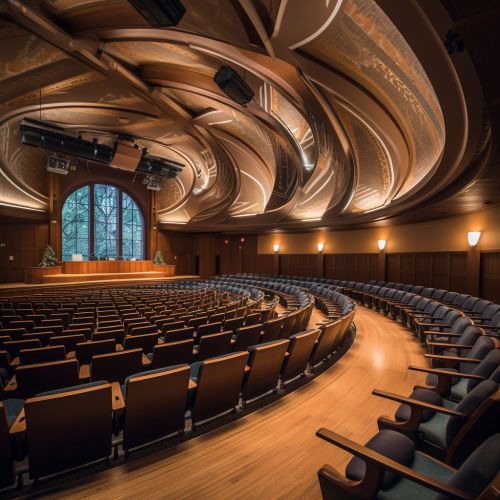Carlo Rovelli
Early Life and Education
Carlo Rovelli was born on May 3, 1956, in Verona, Italy. He developed an interest in physics and philosophy at a young age, which led him to pursue a degree in Physics at the University of Bologna. After completing his undergraduate studies, Rovelli moved to the United States to further his education. He obtained his Ph.D. in Physics from the Padua University in 1986, where his thesis focused on the quantum gravity.


Career and Research
Rovelli's career in physics has been marked by significant contributions to the field of theoretical physics, particularly in the area of quantum gravity. He is best known for his work on Loop Quantum Gravity (LQG), a theory that attempts to reconcile the theories of quantum mechanics and general relativity.
In 1988, Rovelli, along with Lee Smolin and Abhay Ashtekar, developed the basis for LQG, which has since become a major area of research in the field of quantum gravity. Rovelli's work on LQG has led to the development of new mathematical tools and concepts, including the notion of spin networks, which are used to describe the quantum state of the gravitational field.
Rovelli has also made significant contributions to the field of black hole thermodynamics. In collaboration with other physicists, he developed a model that describes black holes as quantum objects, providing a possible solution to the black hole information paradox.
In addition to his research, Rovelli has held several academic positions. He has been a professor at the University of Pittsburgh and the University of Marseille. Currently, he is a member of the faculty at the Centre de Physique Théorique in Marseille, France.
Philosophical Views
Rovelli's work in physics is closely tied to his philosophical views. He is a proponent of Relational Quantum Mechanics (RQM), a interpretation of quantum mechanics that views the world as a network of relations.
Rovelli's philosophical views also extend to the nature of time. In his book, "The Order of Time", Rovelli argues that time is not a fundamental aspect of reality, but rather an emergent property of the universe. This view has sparked considerable debate within the philosophical and scientific communities.
Publications
Rovelli is a prolific writer, having published numerous scientific papers and several books. His books, which include "Quantum Gravity", "The Order of Time", and "Seven Brief Lessons on Physics", have been translated into multiple languages and have received widespread acclaim for their accessible explanations of complex scientific concepts.
Impact and Legacy
Carlo Rovelli's contributions to the field of theoretical physics have had a significant impact on our understanding of the universe. His work on loop quantum gravity and black hole thermodynamics has opened up new avenues of research and has deepened our understanding of the fundamental nature of reality.
Rovelli's writings have also played a crucial role in popularizing complex scientific concepts, making them accessible to a wider audience. His books have been praised for their clarity and elegance, and have inspired many to explore the fascinating world of physics.
